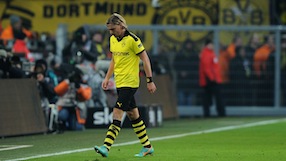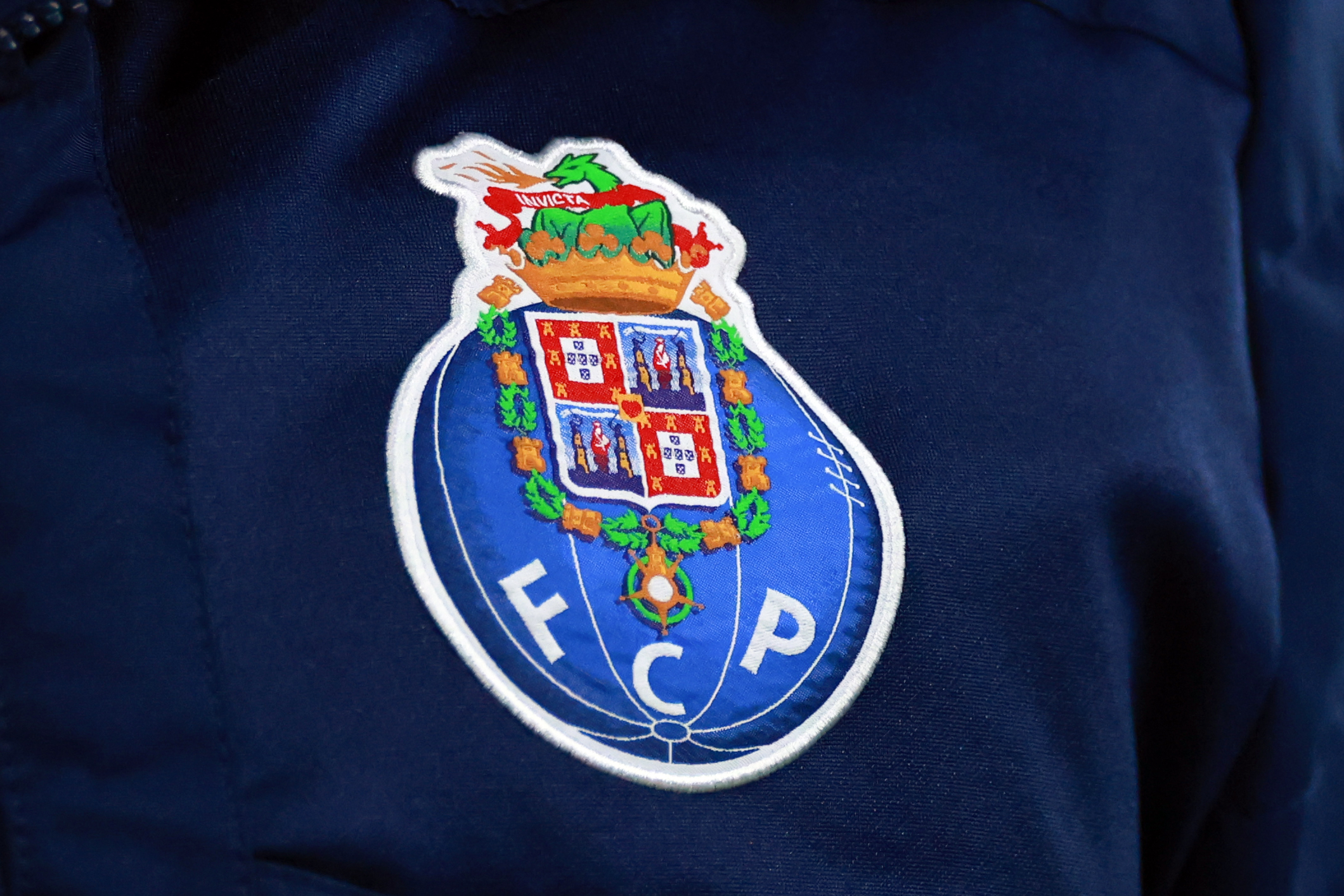
The International Football Association Board (IFAB) will, however, discuss proposed changes to the drop-ball and offside rules which football's governing body FIFA hopes will make referees' decisions more clear-cut and less open to interpretation.
IFAB will also review the additional linesmen who have been used by European football's governing body UEFA but shunned by FIFA, when it meets in Edinburgh on March 2.
Champions League, Europa League and European Championship matches feature extra linesmen behind the goals to help the referee spot infringements and determine whether the ball has crossed the line.
The so-called triple punishment is invoked when a defender or goalkeeper denies an opponent a clear-scoring opportunity in the penalty area.
In addition to conceding a penalty, he is automatically sent off and misses at least the next game.
Critics complain that such decisions can end matches as a contest or completely change the course and that a penalty would suffice in cases where the foul is not violent.
Criticism turns to outright indignity when the decision which leads to the threefold sanction is shown to be wrong.
The best features, fun and footballing quizzes, straight to your inbox every week.
A FIFA working group led by former Germany captain and coach Franz Beckenbauer suggested replacing the red with a yellow card except in the case of dangerous tackles.
The proposal was studied by IFAB a year ago and they said it would be reviewed further. It has, however, been left off the agenda for the March meeting.
DORTMUND CASE
One of the most recent controversies was in the Bundesliga match between Borussia Dortmund and VfL Wolfsburg in December.
Dortmund's Marcel Schmelzer was judged to have handled the ball to stop a goal-bound shot but replays showed that the ball hit his knee.
A penalty was awarded, Schmelzer sent off and Wolfsburg, losing 1-0 and completely outplayed, hit back to win 3-2. Referee Wolfgang Stark later apologised and Schmelzer's suspension was annulled.
On the offside rule, FIFA has proposed that the wording be changed to make it clear that a player is considered to be interfering with play if he challenges an opponent for the ball.
FIFA also wants to change the rule to make it clear that a player in an offside position is considered to be gaining an advantage if the ball comes to him following a deliberate save by the opposing goalkeeper, but not from an opponent "who deliberately plays the ball".
"The current wording creates many discussions as it gives too much room for interpretation and is not precise enough," said FIFA.
"The new text is more in line with actual game situations and will eliminate the confusion regarding what is meant by rebound, deflection and when the ball has been deliberately saved."
On drop-balls, FIFA has proposed keeping the rule the same but inserting the words "not touched by another player" to clarify the meaning of the term "direct".
Under the rules, a goal-kick is awarded if the ball is kicke
 Join The Club
Join The Club





